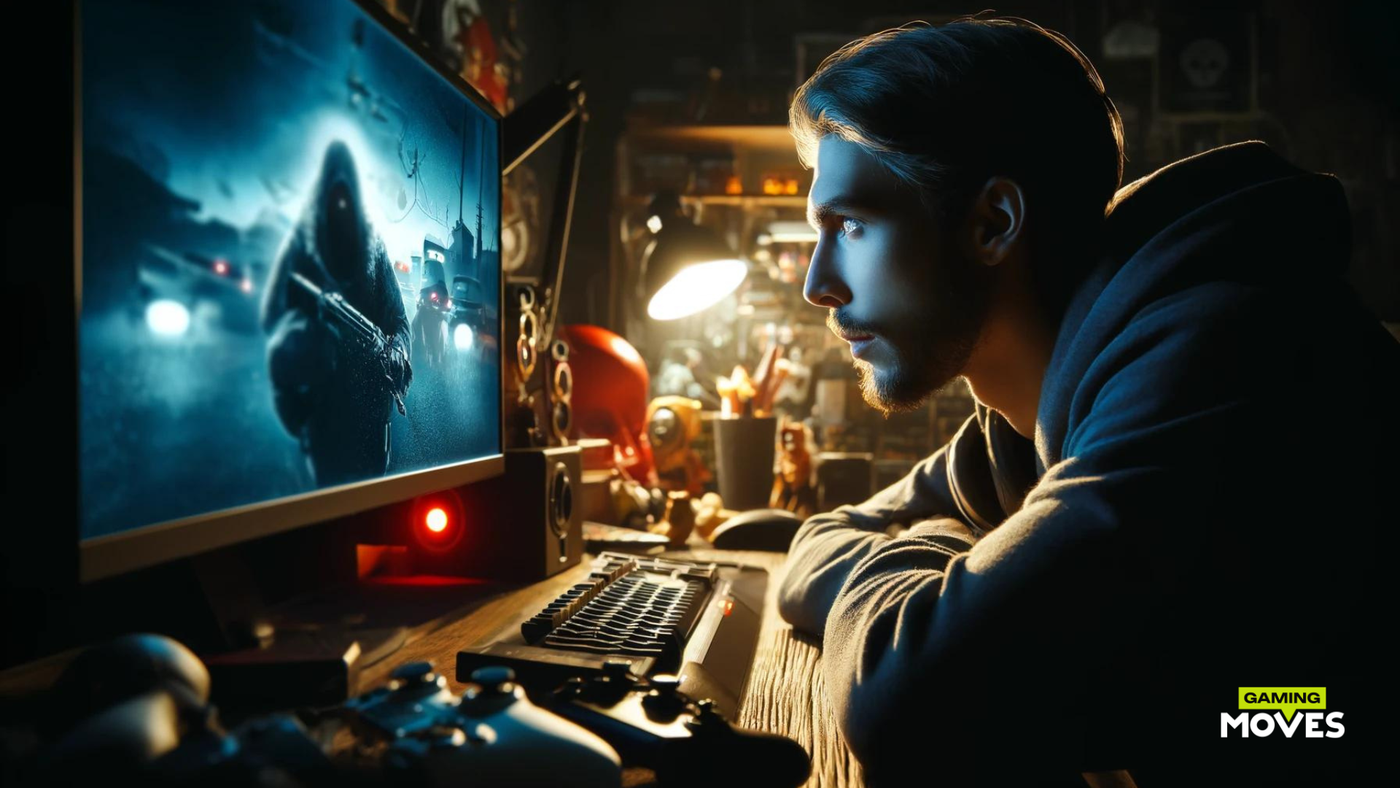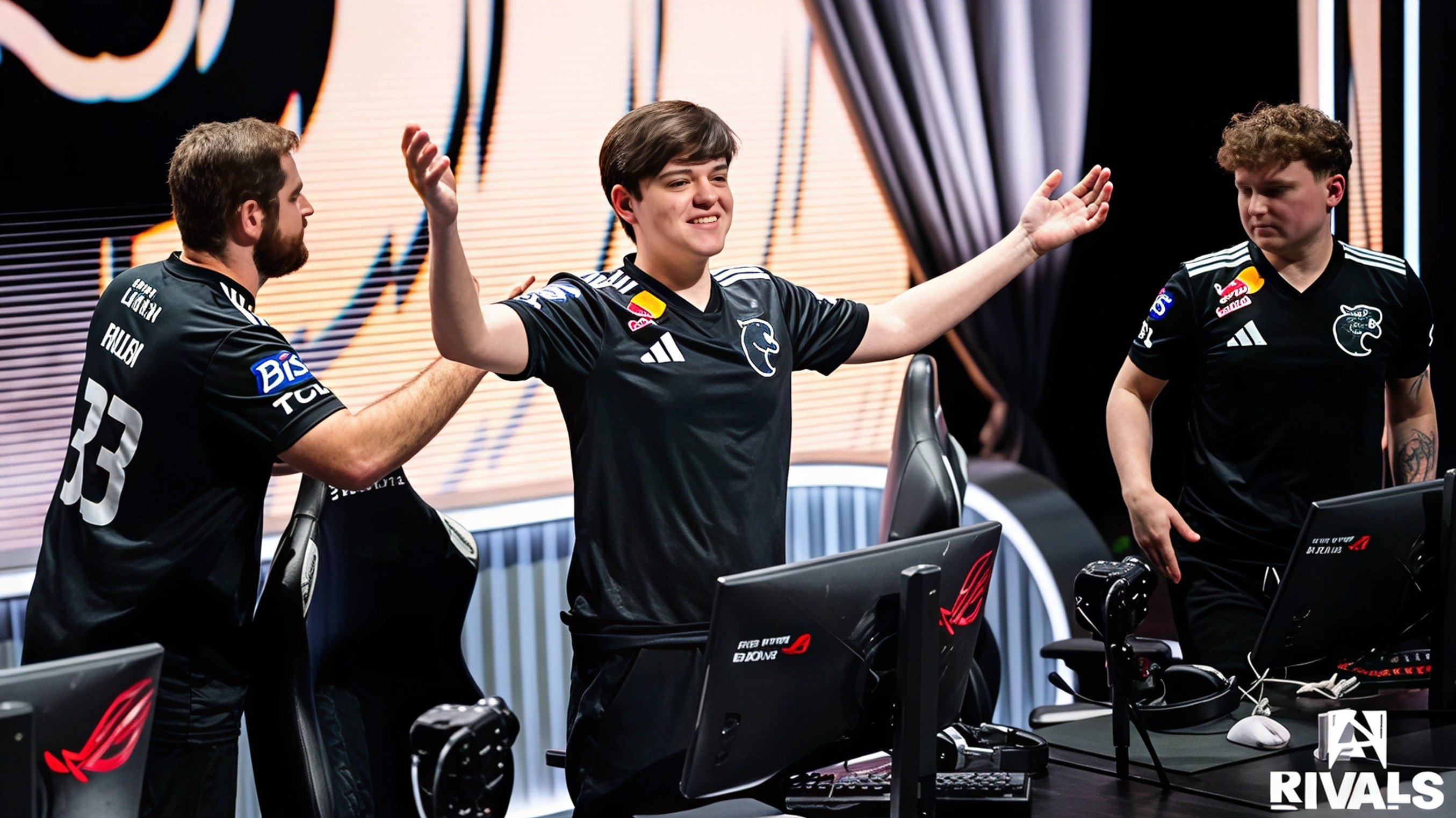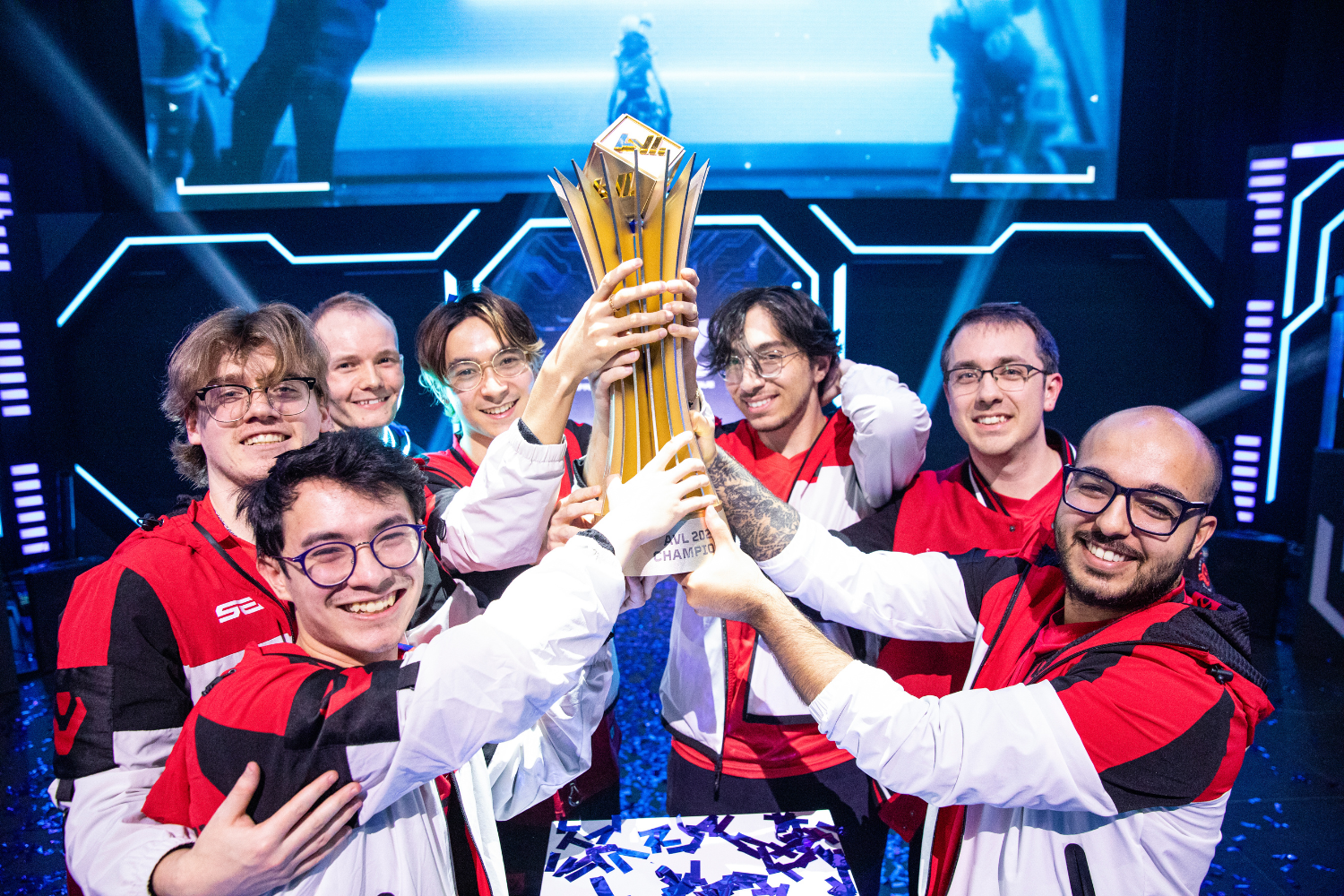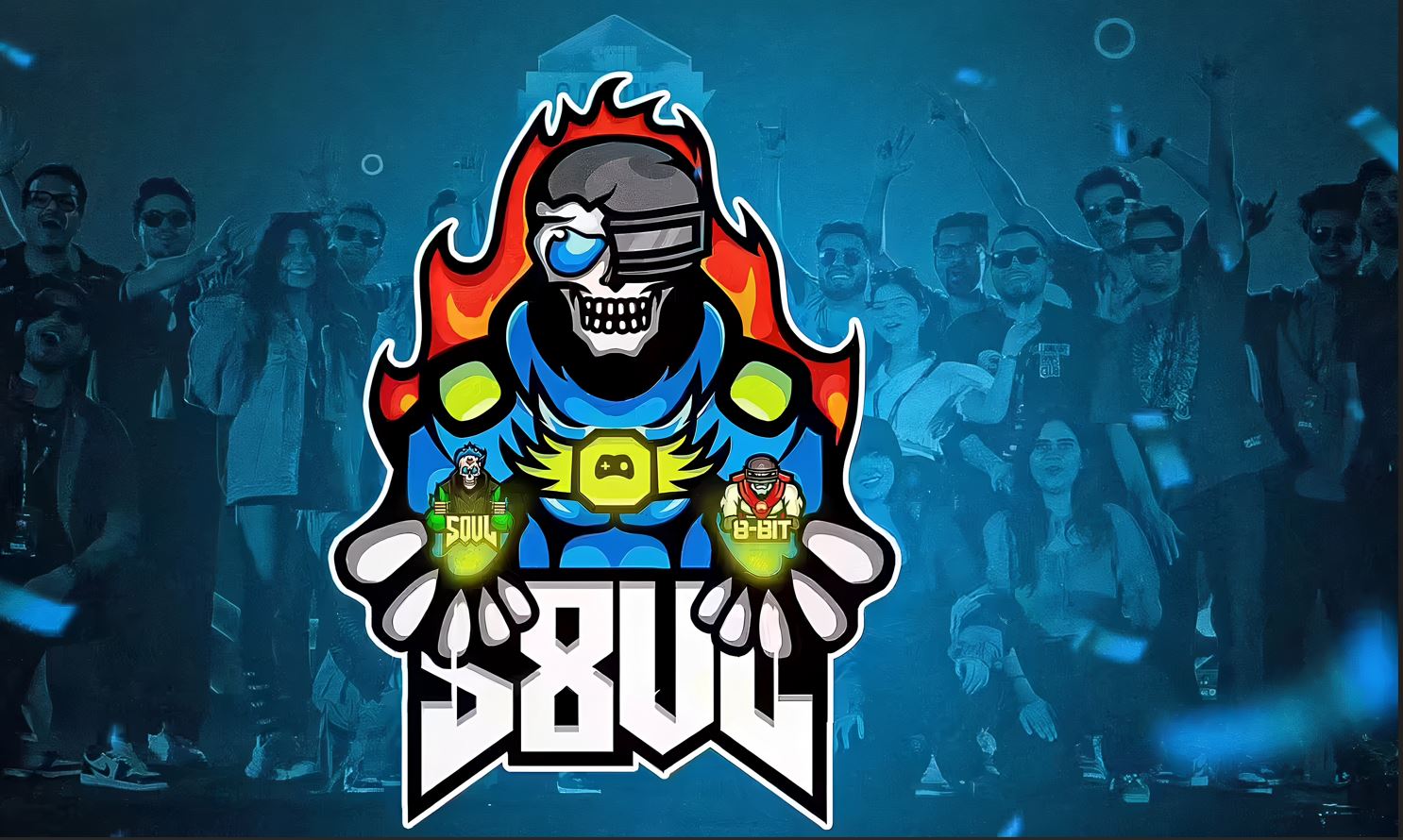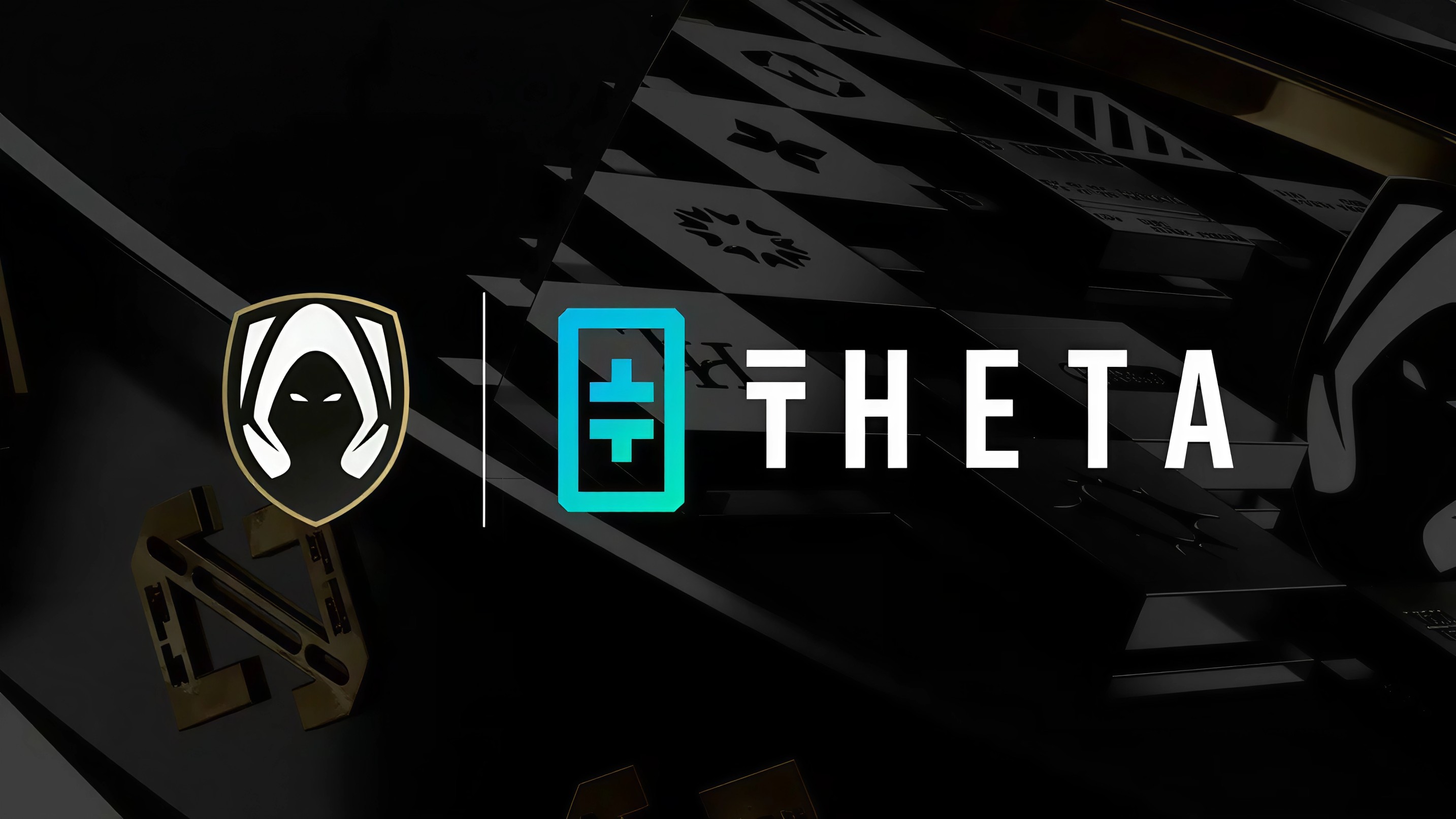Introduction
The tragic incident involving an 18-year-old killing his younger brother over gaming in Sarjapur, Bengaluru, highlights the severe consequences of gaming addiction. The younger sibling’s refusal to return the borrowed phone for gaming underscores the deep-rooted nature of this addiction.
The Nature of Gaming Addiction
Dr. Nitin Anand, an additional professor of clinical psychology at Nimhans and a consultant at the SHUT Clinic, explains that gaming addiction fulfills several psychological needs:
- Escape from Reality: Provides a break from real-world problems.
- Identity and Belonging: Allows users to choose avatars and feel a sense of achievement.
- Social Connection: Offers a platform for group interactions and a sense of community.
Case Studies from SHUT Clinic
The SHUT Clinic, specializing in Internet addiction, sees about 30 cases monthly. Below are some examples handled by their seven-member team over the past six months:
1. Grieving Son
- Background: A 15-year-old boy increased his gaming time from two to eight hours daily to avoid his stepmother after his biological mother’s death.
- Intervention: Addressed his unresolved grief, educated the family about Internet Gaming Disorder (IGD), and provided self-regulation tips.
- Outcome: Showed significant improvement after 12-13 sessions, though occasional lapses occurred.
2. Bullying at School
- Background: A 17-year-old from Hyderabad avoided school due to bullying and failed exams, leading to excessive gaming.
- Intervention: Therapy focused on improving assertiveness, confidence, and social skills. The clinic also coordinated with the school for additional support.
- Outcome: Positive changes noted after seven therapy sessions.
3. Break-Up Woes
- Background: A 19-year-old girl resorted to gaming to cope with a breakup, leading to depression and isolation.
- Intervention: Therapy aimed at managing unpleasant emotions and improving daily routines, such as waking up with roommates and attending college.
- Outcome: Ongoing therapy with gradual improvement in her emotional and physical well-being.
Conclusion
Gaming addiction stems from a variety of emotional and psychological issues, including the need for escapism, social belonging, and coping with personal trauma. The SHUT Clinic at Nimhans offers specialized care for individuals struggling with gaming addiction, providing a comprehensive approach to treatment.
Contact Information for SHUT Clinic:
- Location: Nimhans Centre for Well-Being, BTM Layout
- Hours: 9:30 am - 4:30 pm (Mon-Sat)
- Phone: 94808 29670

